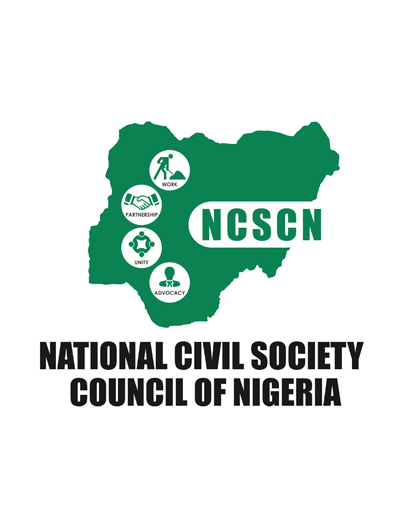The National Civil Society Council of Nigeria (NCSCN) has called on President Bola Ahmed Tinubu to urgently appoint ambassadors and international lobbyists to restore Nigeria’s diplomatic influence and counter growing international allegations of Christian genocide in the country.
This was part of the resolutions reached at an Emergency National Meeting of the Council held on Saturday, in Abuja, contained in a communique signed by Chairman Mazi Oscar David Kalu.
The meeting drew participants from 310 religious-based organisations, including Christian, Muslim, and traditional groups, who deliberated on two major issues, including the alleged persecution of Christians in Nigeria and the prolonged delay in the appointment of ambassadors by the Tinubu administration.
The Civil Society Council expressed concern over the lack of an authentic and accessible database detailing victims of terrorism and banditry, particularly along gender, age, and religious lines.
The group said this data gap has led to “unverifiable claims and misleading narratives,” including the perception that terrorist attacks are targeted primarily at Christians.
“The impression being created that terrorist and bandit activities are mostly aimed at Christians is erroneous and misleading,” the Council said, noting that “Muslims and Islamic communities are equally affected, and may even have recorded more casualties.”
It also faulted the politicisation of insecurity in the country, warning that some politicians were exploiting religious tensions for personal or political gain.
The Council further decried the federal government’s failure to appoint ambassadors nearly two years into the Tinubu administration, describing the situation as “unthinkable and highly detrimental.”
According to the communiqué, the recall of ambassadors four months into Tinubu’s tenure without subsequent replacements has left Nigeria’s foreign missions “inactive globally” and weakened diplomatic relations, especially with strategic partners like the United States.
It warned that the absence of ambassadors and lobbyists has worsened Nigeria’s image abroad and hindered effective response to international controversies, such as reports of Christian persecution and a recent alleged threat of U.S. military action against Nigeria.
“Ambassadors are vital to protecting Nigeria’s interests, attracting investment, promoting trade, and managing crises. Their absence leaves citizens abroad vulnerable and the country’s global reputation at risk,” the group noted.
The Council urged the Office of the National Security Adviser, ONSA, to begin proper documentation and harmonisation of terrorism-related data, categorised by gender, age, and religion, to enable accurate reporting and dispel false genocide claims.
It also called on the federal government to convene an Inter-Religious Dialogue to clarify misconceptions and foster national unity, as well as develop a national framework for international lobbying involving seasoned diplomats and policy experts.
The Council also demanded that President Tinubu transmit a list of ambassadorial nominees to the Senate for confirmation before the end of November 2025.
“The government must confront the Christian genocide allegations with verifiable facts and figures,” the communiqué concluded. “No reason is good enough to justify the failure to appoint ambassadors after two years in office.”
